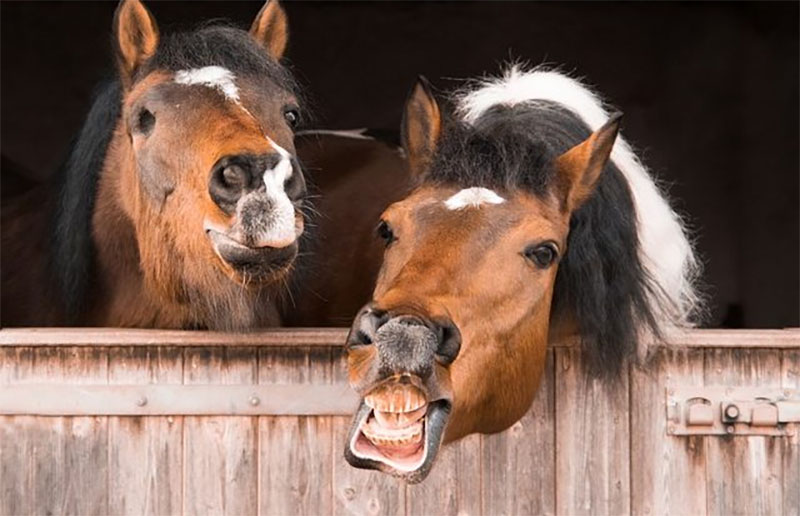When it comes to the equine herpes virus, you should think about what your horse is doing. Some horse owners out there may have only one horse, but many Colorado horse owners own multiple horses. In the case of multiple horses on the same ranch, you should also consider what the horses around are doing, too.
If you only have one horse, then it goes without saying that your horse is at less of a risk of contracting the equine herpes virus. Likewise, horses that only ride at your house are at less risk. Horse that leave the ranch periodically to compete and has a more social lifestyle with other horses are at a higher risk of contracting the disease.
Vaccinate your show horse at least seven days before a show. Two to three weeks before is even better. Some horses may have an active herpes infection and you might not even know. When you go to vaccinate them their body will react. Their legs will swell up and there is a chance they will develop a fever.
Equine Herpes Virus is very serious.
Know your horse’s baseline temperature. Monitor your horse’s temperature daily during and after a competition. Don’t share water troughs, buckets, or sponges. Don’t use communal hoses. This might sound stingy, but use your own and don’t share it to reduce your horse’s risk of contracting EHV.
Clean and then disinfect hay nets, bags, or troughs after use, and don’t share them between horses. The EHV virus can live in this type of environment for a time under ideal conditions. That can set you up for future infection. You can use any disinfectant. Even commercial household cleaners like bleach wipes can kill EHV.
Clean and disinfect areas in the trailer where a horse’s nose or nasal discharge might be. If you handle multiple horses, wash your hands before moving from one horse to the next. For more information on EHV, contact your local horse rescue center and talk to a professional Colorado horse handler.

